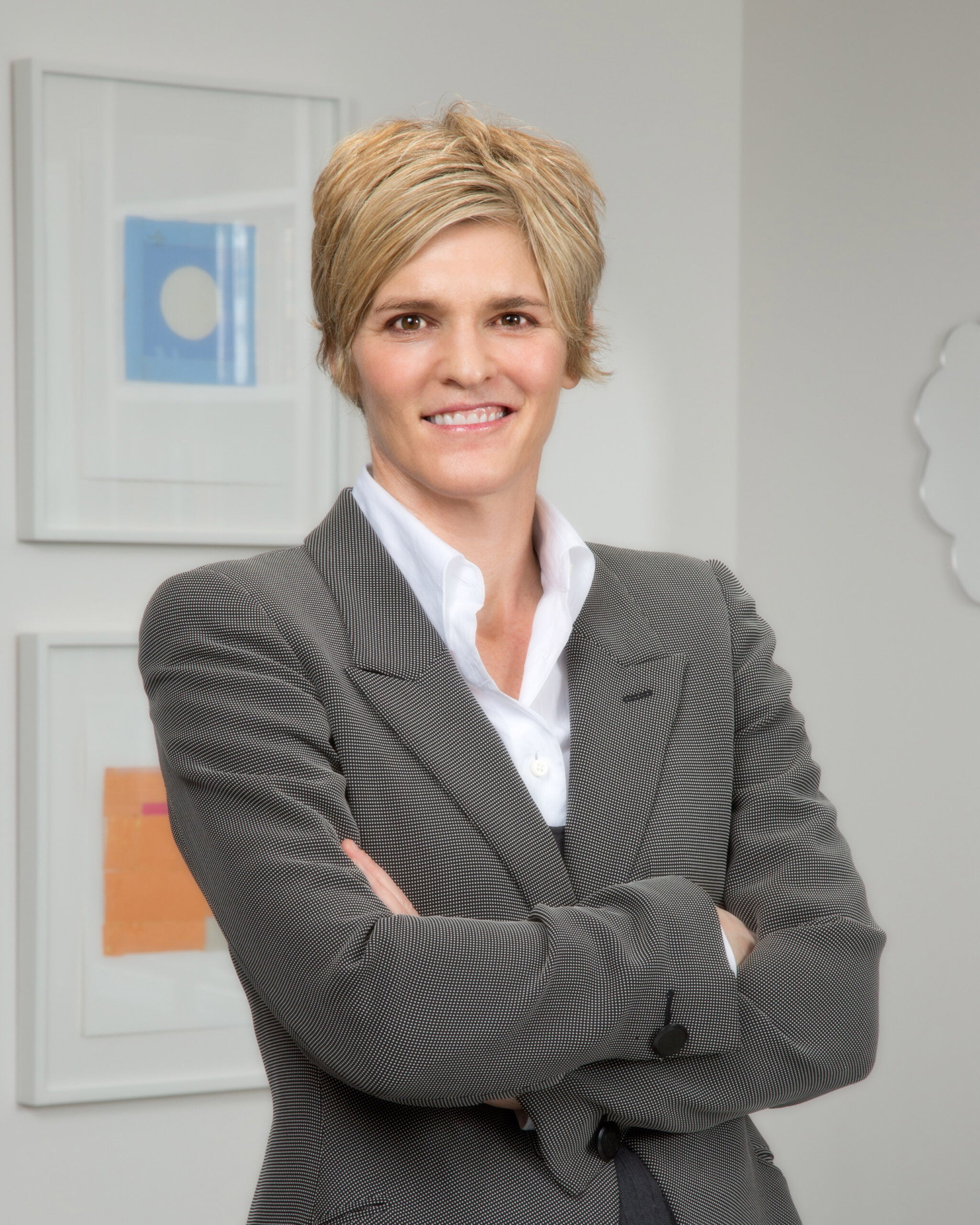Professor Jody Freeman LL.M. ’91 S.J.D. ’95 joined the faculty in 2005. She recently told the Bulletin why climbing Mount Kilimanjaro didn’t turn her into an environmentalist—and what did.
HLB: What led you to this field?
JF: I’m a skier and a hiker. I’m from Vancouver; we spend all our time outside. But it wasn’t primarily that. I came to environmental issues more intellectually, I confess, as someone who is interested in how systems work, how regulation works. I like design. The question is: How do we create governance institutions to deal with high-stakes problems in a context of tremendous interest group conflict? I’m a lawyer who thinks like an institutional architect.
What do you enjoy about what you’re doing?
It’s hard to describe these serious environmental issues as fun, because it can sound perverse—I mean, sea levels are rising, hurricanes are intensifying, national security is being compromised by climate change, and it’s all sort of bad news. But in fact these issues are exhilarating to me because there is such opportunity for innovation and creativity, both by government and nongovernment actors. There is so much good academic scholarship to write, and so much to do to train students for the future. Strangely, my optimism just deepens at the darkest, bleakest moments. When Hurricane Katrina happened, like many people who care about climate change, I actually thought, Finally, a catastrophic event that will make people realize that something serious and strange is going on in the natural world! If anything will bring this home and force government to act, it’s going to be the terrible impact of Katrina.
With the Environmental Law Program, you’ve accomplished a tremendous amount in a very short time.
Life is short. Once, my family sat around and talked about what we’d each be if we could be summed up by book titles. And my book title was Everything and Right Now. With these issues in particular—environmental impacts and especially climate change—you can’t sit around and wonder what you should do in the next 10 or 20 years. It’s too urgent for that kind of luxury. This is not to say I’m a doomsayer. I’m not. But if we don’t figure out how to make some transitions to a smarter, high-tech and more energy-efficient way of doing things, and if we don’t do it fast—in the next two, three, four, five years—we could be facing some very bad consequences. So I have a kind of impatience that’s helpful.
Did something happen in your life that makes you feel life is short?
I’ve had some wonderful adventures, like climbing Kilimanjaro and scuba diving in some of the greatest spots in the world. You really do marvel at the wonder of it all when you’re standing there at 19,000 feet, or when you’re staring at an ocean of life 80 feet below sea level. And now it’s all at risk—the reefs are bleaching, Kilimanjaro’s snow is melting, and the polar ice cap is retreating. It gives me real pause, and at the same time I find it motivating. I want to write scholarship that is both intellectually interesting and able to have an impact, and I want to train students to tackle the future’s problems.
You received awards for teaching when you were at UCLA. Do you have a vision of teaching that you bring into the classroom?
I’m a high-energy person in the classroom. I try to bring the students into my excitement and interest. The challenge is to teach analytic tools and legal skills in a way that connects with students and makes them feel part of a shared experience. It’s a relational thing. When it works, it’s to their credit as much as mine. There’s no way to be a good teacher by yourself. It doesn’t exist.
This article appeared in the Summer 2008 Harvard Law Bulletin.
